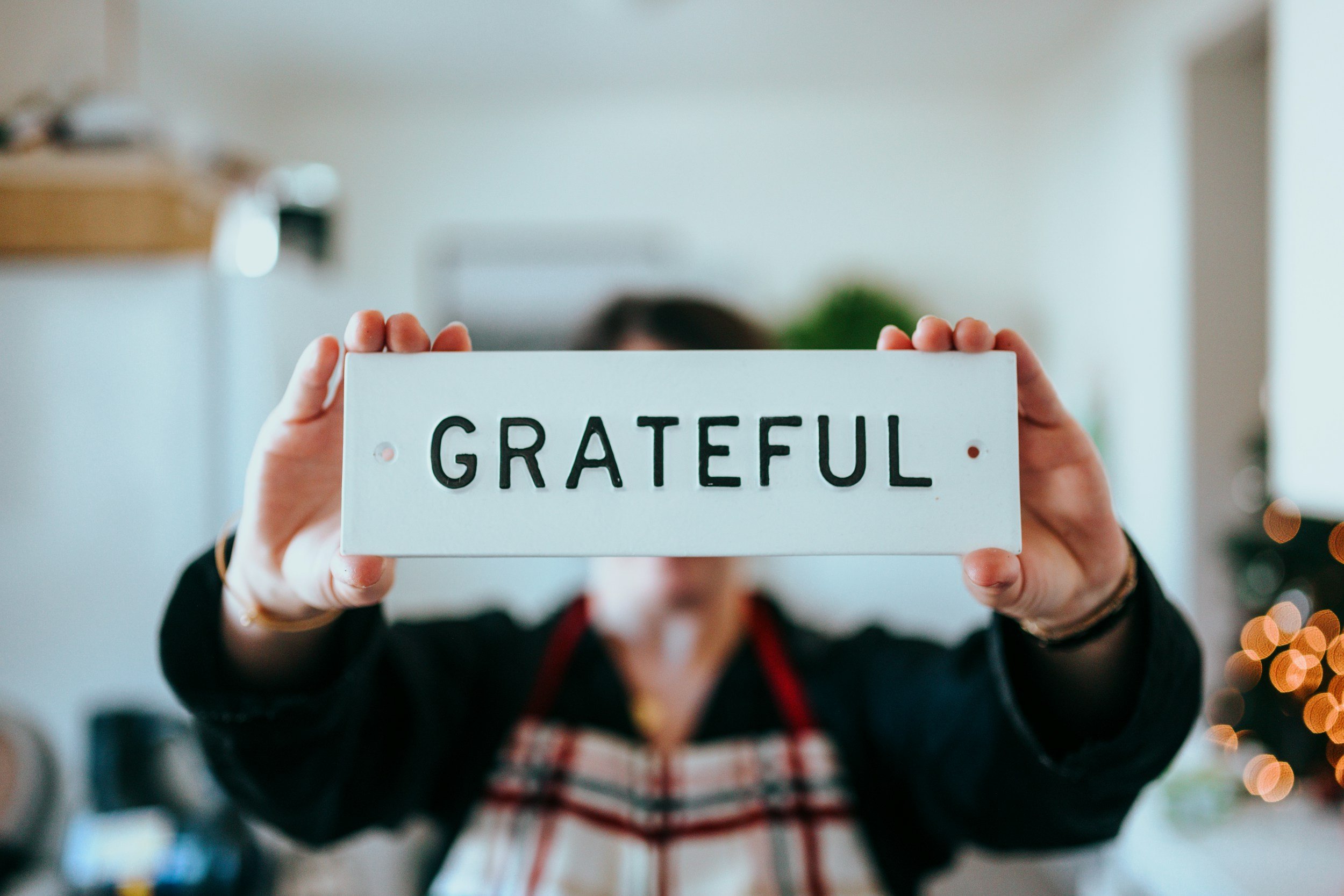The Grove

Understanding Acceptance and Commitment Therapy (ACT)
Acceptance and Commitment Therapy (ACT) helps people develop psychological flexibility by accepting difficult thoughts and feelings while taking actions aligned with personal values. ACT benefits those with anxiety, depression, chronic pain, and other challenges through its six core processes: acceptance, cognitive defusion, present moment awareness, self-as-context, values clarification, and committed action.

Beyond Awareness: Addressing the Social Determinants of Mental Health
True mental health awareness must go beyond reducing stigma and promoting individual treatment. It requires acknowledging and addressing the social conditions that create and perpetuate mental health challenges.

Self-Care Strategies That Actually Work for New Mothers
This guide offers practical self-care strategies for new mothers, emphasizing both physical and mental wellbeing. From micro-moments of mindfulness to professional mental health support, these approaches acknowledge the realities of life with a newborn while prioritizing a mother's needs. Remember: caring for yourself isn't optional—it's essential for sustainable, healthy motherhood.

Embracing Imperfect Action
Small discomforts can feel overwhelming, but they don't define our reality. Building emotional resilience requires pushing through off days rather than retreating. While society often encourages avoiding discomfort to "protect your peace," growth often comes from leaning into discomfort. Change happens through action—especially imperfect action. By recognizing that current emotions don’t predict future feelings, we can reshape our experiences and foster growth.

Emotional Flexibility: Bending without Breaking
A candid reflection from our practice manager Shelli Armstrong on developing emotional flexibility through life's challenges. When comparing herself to her mother's seemingly effortless household management while she recovers from surgery, Shelli discovers a powerful truth: like an acrobat's poses, life's demands require us to bend—but we're not meant to hold these positions forever.

Friends Don't Flake: Rebuilding Adult Connection
When we constantly flake on friends and justify it with "self-care," we're fueling an epidemic of disconnection. While setting boundaries matters, we've twisted this concept to avoid vulnerability and meaningful relationships. Good friendships require showing up, being honest about our capacity, and matching others' energy. It's time to stop ghosting and start nurturing the connections that truly bring us peace.

Gratitude Isn’t About Ignoring Your Pain: Finding Balance This Thanksgiving
This Thanksgiving, gratitude isn’t about ignoring your pain. It’s about making space for all your emotions—letting them exist alongside each other. By starting small, like reflecting on peaceful moments or acknowledging your own resilience, you can practice gratitude in a way that feels authentic to you. It’s about recognizing your growth, appreciating what you’ve overcome, and being gentle with yourself.

Rediscover Intimacy Through Sensate Focus
Sensate focus is a practice of giving and receiving progressive levels of sensual, non-sexual touch to help rebuild physical and emotional intimacy. Through structured, mindful exploration of each other's bodies, couples can rediscover comfort, playfulness and vulnerability. While not focused on arousal or orgasm, sensate focus can reawaken desire.

The Accumulation of "Just a Little" - How Small Tasks Compound Into Overwhelming Demands
You're constantly told that small commitments will lead to a fulfilling life. But what happens when these "little" tasks pile up? A five-minute routine here, a quick call there, and suddenly your schedule is bursting with obligations. It's not just personal – medical appointments, family duties, and social commitments all demand attention. While each task seems manageable alone, together they form an overwhelming web of expectations. You might feel trapped, exhausted, and guilty for not doing it all. The solution? Recognize your limits, set boundaries, and be intentional with your time. Focus on what truly matters to you, and remember: it's okay to prioritize your well-being. Sometimes, the most powerful self-care is simply allowing yourself to take a break.

Embrace Authenticity: A Path to True Self
Living authentically enhances emotional well-being, self-esteem, relationships, and personal growth. By aligning your actions with your core values, you reduce internal conflict and stress, leading to peace and satisfaction. Authenticity builds self-confidence and deeper, more meaningful connections. Therapists help clients live authentically by identifying core values, supporting self-exploration, promoting self-acceptance, and encouraging assertive communication. For LGBTQIA individuals, this is especially crucial, providing a safe space to explore and affirm their true identities, improving mental health and fulfillment.

Unwinding: The Science Behind Relaxation
In our hectic lives as mothers, finding true relaxation amidst the chaos can feel like an elusive dream. We often resort to distractions like scrolling through social media or binge-watching TV shows, hoping to unwind. However, there's a crucial difference between distraction and genuine relaxation, rooted in the science of our bodies' parasympathetic nervous system.
Distraction offers temporary relief by diverting our attention, but it fails to address the underlying tension within us. In contrast, genuine relaxation involves activating the parasympathetic nervous system, which triggers physiological changes that promote rest and rejuvenation.
Understanding the parasympathetic nervous system is key. It serves as the body's natural relaxation response, slowing our heart rate, deepening our breath, and relaxing our muscles. However, an imbalance in this system can lead to symptoms like fatigue or chronic stress.
If you're ready to embark on this journey of self-discovery and relaxation, don't hesitate to reach out to a therapist. Let's work together to find balance and serenity amidst the demands of a busy life.

Dating Your Grief: Techniques for Coping and Healing by Integrating Grief into Your Life
Grief is a universal human experience, and everyone experiences it in their own way. However, integrating grief into your life can help you come to terms with your loss and move forward in a healthy way. In this blog post, we explore techniques for integrating grief into your daily life, including compartmentalizing, creating a deliberate grief ritual, using a labyrinth, and taking notes. These techniques can help you acknowledge your loss and work through your emotions in a healthy and intentional way.

Emphasizing Self-Care During Divorce
Divorce is a challenging journey, fraught with emotional turmoil and uncertainty. Amidst the chaos, prioritizing self-care becomes essential for maintaining your well-being. It's about more than just bubble baths and spa days—it's about nurturing your emotional health and resilience amidst the storm.
Self-care during divorce involves acknowledging your feelings without judgment and embracing self-compassion. It's about setting boundaries to protect your emotional space and seeking support from trusted friends, family, or professionals who can offer empathy and guidance. By cultivating gratitude for the positives in your life and embracing growth from the challenges, you can navigate divorce with grace and authenticity.

Cultivating Resilience and Mental Well-Being in a Politically Charged World
In today's chaotic political climate, it's essential to take care of your mental well-being. This post offers practical tips to help you stay resilient. Learn to manage your exposure to upsetting news, and make time for activities that bring you joy. Don't hesitate to reach out to friends and family for support when you need it. Remember, your feelings are valid, and seeking professional help is always an option. By prioritizing self-care and leaning on your support system, you can navigate the feelings that arise from current news and events and preserve your mental health.

Unraveling Thinking Errors: Nurturing a Positive Mindset
In our quest for personal growth and well-being, it is essential to unravel the thinking errors that often cloud our perception and hinder our progress. This blog post explores some common thinking errors, such as catastrophizing, filtering, personalization, and jumping to conclusions, and illuminates why they do not serve us.
Catastrophizing, the art of blowing things out of proportion, robs us of the ability to focus on realistic outcomes and amplifies stress and anxiety. Filtering, on the other hand, selectively magnifies the negative aspects while filtering out the positive, leading to dissatisfaction and a gloomy outlook. Personalization, the tendency to blame ourselves for external events, burdens us with unnecessary guilt and inhibits our self-esteem. Jumping to conclusions without adequate evidence further distorts our perception of reality and can lead to misguided judgments.
To cultivate a more positive mindset, it is crucial to challenge these thinking errors. Reframing our thoughts, seeking alternative perspectives, and practicing self-compassion are powerful tools in breaking free from their grip. By embracing a more balanced and constructive mindset, we empower ourselves to navigate life's challenges with resilience and optimism.
In conclusion, the journey towards a more positive mindset starts with self-awareness and a willingness to challenge our own thinking. By recognizing and overcoming thinking errors, we can transform our lives, nurture personal growth, and create a ripple effect of positivity in our relationships and communities. Let us embark on this journey together, armed with the tools to reshape our thoughts and embrace the power of positivity.

Building Your Mental Health First-Aid Kit
What would you put in your Mental Health First-Aid Kit? We all know that first-aid kits are helpful when there is a physical emergency but what about for our mental health? Are there “items” we could get ready for when our mental health is being tested? We have put together a list of tips and best practices to make sure that you’re ready when theres an emotional setback or crisis.

Gift Guide for New Moms: Ways to Support Mental Health and Well-Being
Show support to new moms with gifts that promote their mental well-being and self-care. From comfortable robes to guided meditation apps, check out these gift ideas to help new moms navigate the challenges of motherhood during the fourth trimester with ease and joy.

Green Therapy: How Caring for Plants Can Improve Your Mental Health
Looking for an enjoyable and natural way to boost your mood and improve your mental health? Caring for plants can be a surprisingly effective method! Not only do plants add a touch of natural beauty to your living space, but studies have shown that spending time around plants can have a positive impact on mood and overall well-being. This article explores the mental health benefits of plant care, including how it can be a natural stress-reliever, promote mindfulness, provide a sense of accomplishment, and allow you to learn and adapt. Whether you're a seasoned green thumb or a beginner looking to try something new, this article will show you how caring for plants can help improve your mental health and add a little natural beauty to your life.


